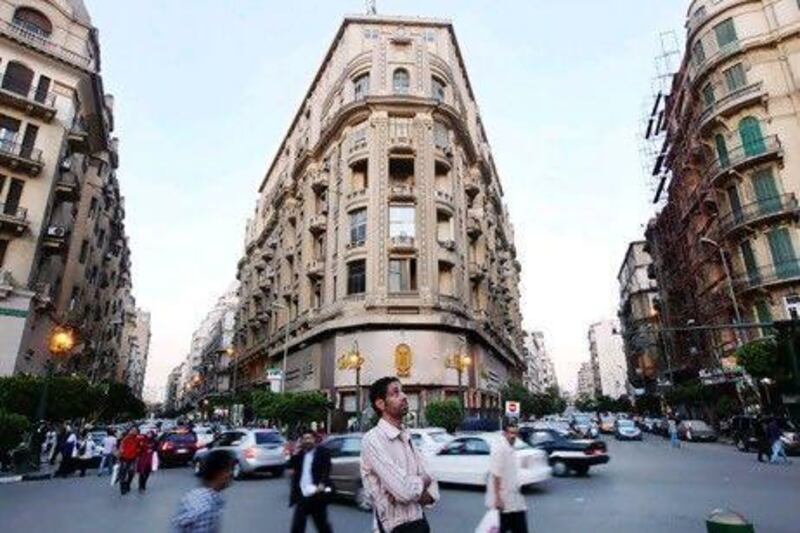Saudi Arabia has offered to provide billions of dollars in financial support to Egypt to help the troubled country's economic recovery.
More Business news: Editor's pick of today's headlines
Last Updated: May 23, 2011
UAE consumers among world's most optimistic Consumer confidence soars in the Middle East, which researchers attribute to a feel-good factor following the easing of the region's political unrest. Read article
Corporate fraudsters in the Gulf being caught in greater numbers Instances of corporate fraud are plentiful in the Gulf, according to a new survey from Deloitte Corporate Finance. Read article
Chinese security company leaves Nasdaq Dubai A Chinese security firm is removing its shares from trading on the Nasdaq Dubai, bringing the number of stocks listed there to 10. Read article
Emirates Airline to let time pass over Canada Emirates Airline is easing up on lobbying efforts in Canada following the re-election of the country's conservative government. Read article
[ More Business ]
The US$4 billion (Dh14.69bn) pledge represents a boost to Egypt's attempts to secure finance to help it meet a funding deficit of between $10bn and $12bn.
Shares on Cairo's stock exchange rose to their highest level in more than a month yesterday after news emerged of Saudi Arabia's offer the previous day.
"This step will deepen the historical relations and co-operation between the two countries," Field Marshal Mohamed Hussein Tantawi, the head of Egypt's ruling military council, was quoted as saying by Mena, the official Egyptian press agency.
"The $4bn will be distributed in the form of soft loans, deposits and grants," he said.
The money will include a $1bn deposit at the Central Bank of Egypt and $500 million in bond purchases, al Ahram newspaper quoted the Saudi ambassador to Cairo, Ahmed bin Abdulaziz Kattan, as saying yesterday. The sum of $750m will be set aside as a line of credit to finance Saudi exports to Egypt and $200m for small-and-medium-enterprise projects, he was cited as saying.
Egypt's economy has been reeling since a revolution led to the toppling of Hosni Mubarak, the president, in February. A slump in tourism revenue and dwindling foreign reserves have raised challenges for the country's interim government.
Egyptian officials visited the kingdom and other GCC states last month to drum up financial support for the country's attempts to rebalance its economy.
The government has received positive responses in recent days to its appeal for financial assistance. Barack Obama, the US president, said on Thursday the US would cancel up to $1bn of debt owed by Egypt. He also guaranteed another $1bn loan to the country.
Samir Radwan, Egypt's finance minister, said last week that Egypt was about to finalise measures for receiving loans worth $2.2bn from the World Bank. IMF officials are due to arrive in Cairo in days for talks about further financial aid.
Despite Saudi Arabia's support, Egypt's budget deficit will grow to between $20bn and $25bn this year, said Simon Williams, the chief economist for the Middle East and North Africa at HSBC.
"In the short term, this is about addressing vulnerabilities in the external account and budget," said Mr Williams. "The funds will help to ease concerns about foreign exchange reserves depleting."
Foreign reserves slumped from $36bn in December to $28bn last month.
Rising demand for higher wages and increased subsidies is putting pressure on the country's strained finances at a time when growth prospects have been sharply lowered. The IMF forecasts GDP growth to slow to 1 per cent this year, the lowest rate in almost two decades.
Mr Radwan has said Egypt needed $10bn to $12bn in external funding until the end of June next year.
Saudi Arabia has already pledged to contribute to a $20bn GCC fund to help Bahrain and Oman, two other countries hit by unrest. In addition, King Abdullah has unveiled expenditure increases totalling $129bn to ease social tensions in the kingdom.





